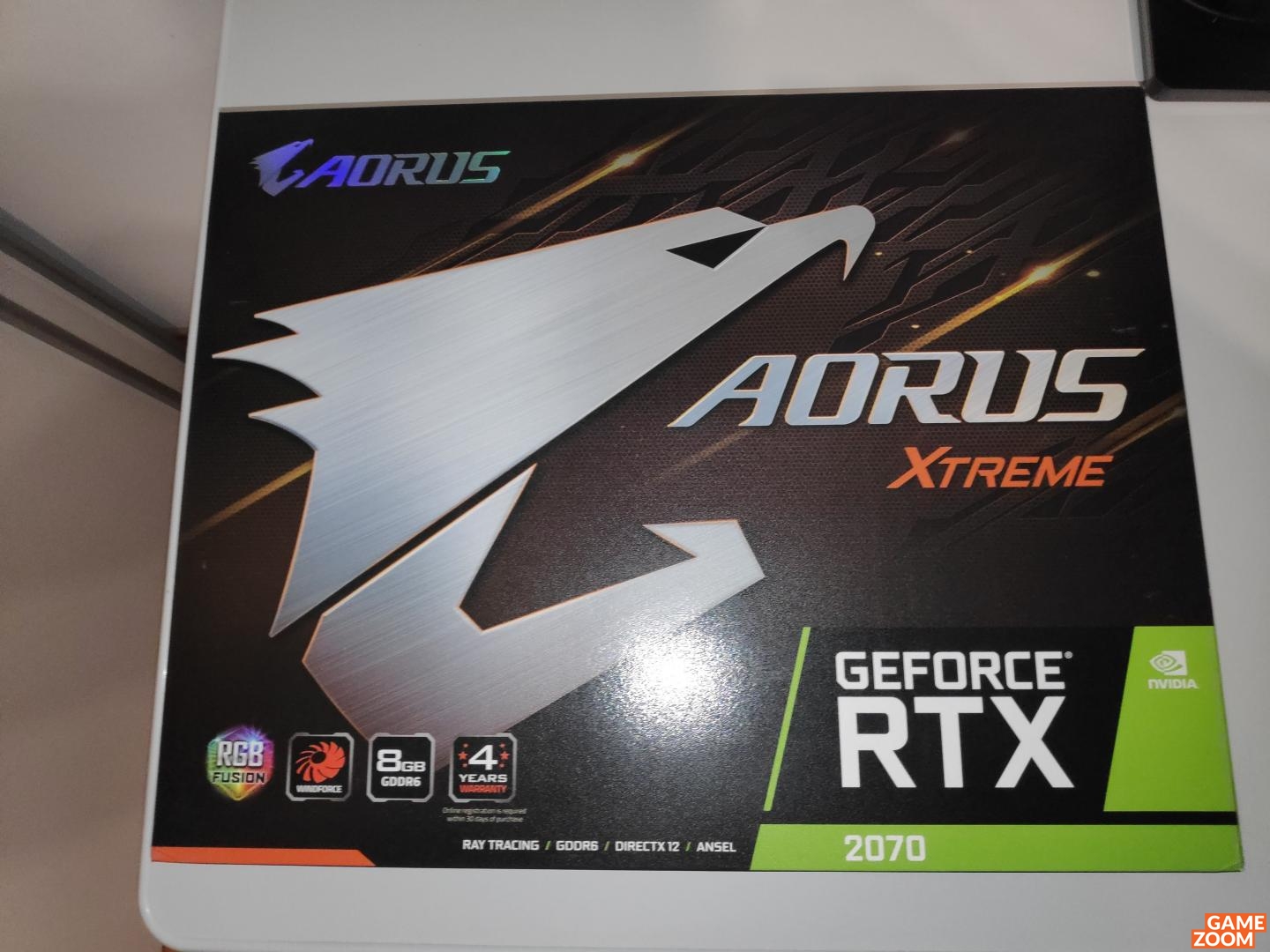
Alle Ergebnisse
Inhalt
Fakten
Media (14)














 Über AORUS
Über AORUS
Inhalt
Kommentar schreiben